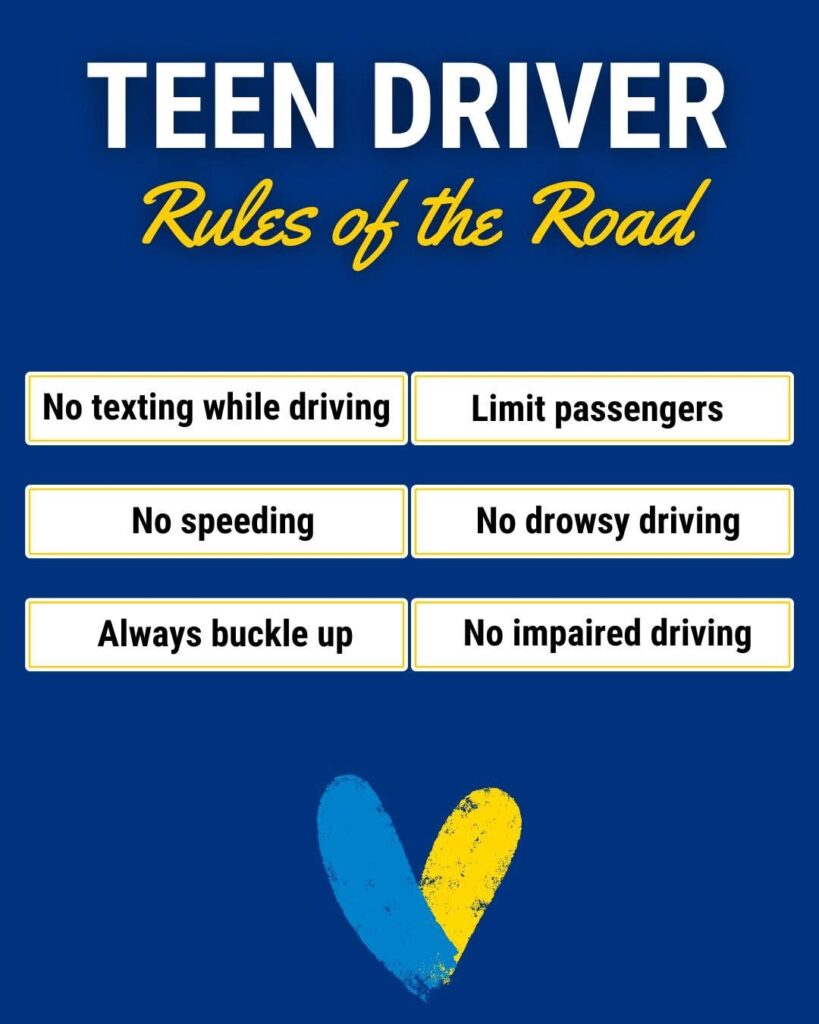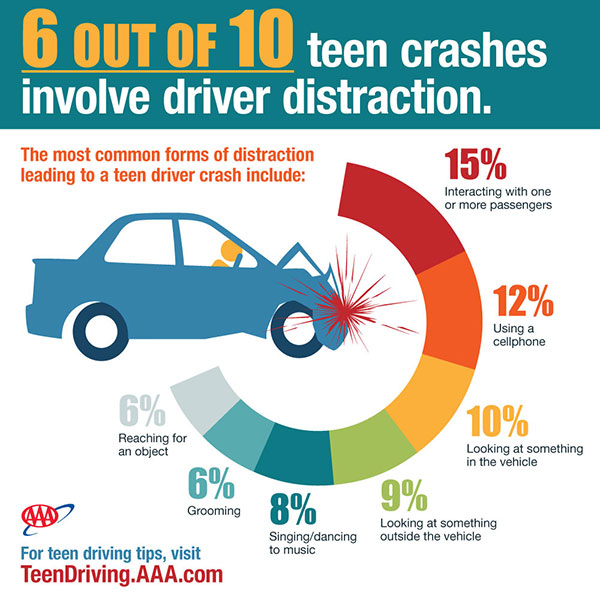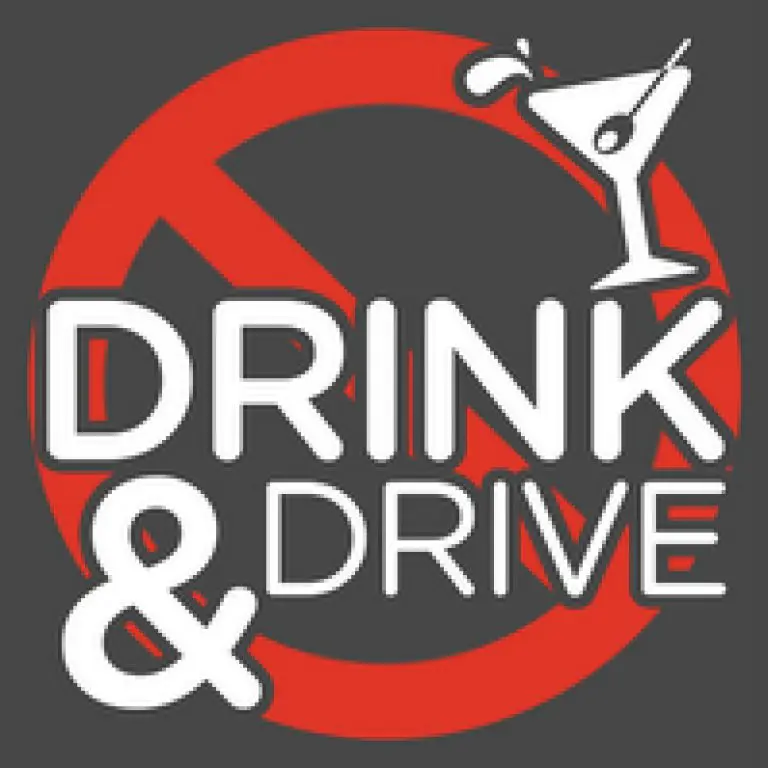Teen drivers typically have to follow specific rules to ensure their safety and that of others on the road. While rules can vary by state, here are some common guidelines for teen drivers:

1. Graduated Driver’s License (GDL) System:
Most states have a GDL system that restricts teen drivers based on their experience level. The stages typically include:
- Learner’s Permit: Teens can drive with a licensed adult (usually 21 or older) in the car.
- Intermediate/Provisional License: Teen drivers can drive alone, but restrictions apply (e.g., limits on passengers and nighttime driving).
- Full License: Once they meet the age and experience requirements, they can drive without restrictions.
2. Passenger Restrictions:
Many states limit the number of passengers a teen can carry, especially during the provisional phase. This is because more passengers increase distractions and crash risks.
3. Nighttime Driving Curfew:
Teens are often prohibited from driving during late-night hours (e.g., 10 p.m. to 5 a.m.) unless accompanied by an adult or for certain exceptions (e.g., work or emergencies).
4. Cell Phone Use:
In many states, teen drivers are prohibited from using cell phones while driving, including texting or making calls, unless using hands-free devices.

5. Seat Belt Requirement:
Teens are generally required by law to wear seat belts at all times. In some places, there are stricter laws requiring all passengers in the car to be wearing seat belts.
6. Zero Tolerance for Alcohol:
Many states have a “zero tolerance” policy for underage drinking and driving. Even small amounts of alcohol in a teen’s system can result in penalties such as license suspension.
7. No Driving Under the Influence of Drugs:
Just like alcohol, driving under the influence of illegal substances or prescription medications (if not prescribed or used improperly) is illegal and can result in severe penalties.

8. Speed Limits:
Teen drivers are generally required to adhere to posted speed limits, and some areas may have specific limits for teen drivers, often lower than those for experienced drivers.
9. Driver Education:
In many states, teens are required to complete a driver’s education course and pass both written and road tests to obtain their license.
10. Prohibition on Driving with an Invalid License:
Teen drivers must always have a valid driver’s license, and they must not allow their license to expire or be suspended.
11. Traffic Violations and Penalties:
Teens can face more severe consequences for traffic violations, including fines, mandatory driving courses, or even the suspension of their driver’s license if they commit serious offenses (like reckless driving or repeated violations).
It’s important to check specific state laws for exact requirements, as rules can vary by location.
Contact Doylestown Auto Repair at 267-279-9477 or visit our website at www.doylestownautoshop.com to schedule an appointment to have your car serviced.

